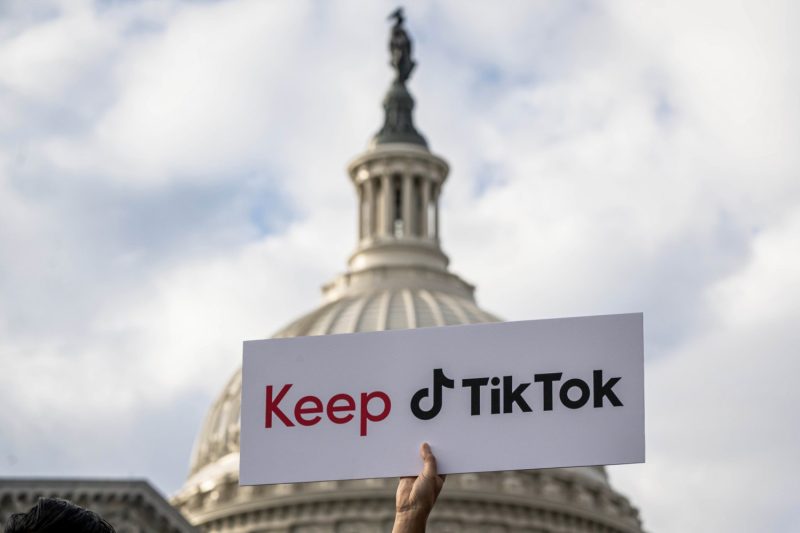The recent surge in popularity of the social media app TikTok has raised concerns among policymakers about its potential security risks. In response, Congress approved a ban on TikTok, but it could be years before it takes effect. Let’s delve deeper into the reasons behind this delay and the implications it may have.
One of the primary factors contributing to the delayed implementation of the TikTok ban is the complex legal process involved in enacting such a measure. Banning a widely-used app like TikTok requires careful consideration of legal and procedural requirements, as well as potential legal challenges from the app’s developer, ByteDance. This process can be time-consuming and may involve multiple stages before a ban can be fully enforced.
Additionally, the TikTok ban faces opposition from various stakeholders, including users, content creators, and even some lawmakers. Many users rely on TikTok as a platform for entertainment, creativity, and social interaction, and any sudden ban could disrupt their routines and connections. Content creators, in particular, may lose their audience and livelihood if TikTok is banned, leading to concerns about the economic impact of such a decision.
Furthermore, the TikTok ban intersects with broader geopolitical tensions between the United States and China. ByteDance, TikTok’s parent company, is based in China, leading to concerns about data privacy and national security risks associated with the app. These concerns have fueled calls for a ban on TikTok as a means of protecting American users’ data and preventing potential foreign influence over social media platforms.
Despite the challenges and delays in implementing the TikTok ban, the underlying issues that led to its approval are likely to persist. The debate over data privacy, national security, and the regulation of social media platforms will continue to shape discussions among policymakers and tech companies. The TikTok ban serves as a focal point for these broader conversations, highlighting the need for comprehensive strategies to address the complex issues surrounding digital privacy and security.
In conclusion, while Congress has approved a ban on TikTok, it may be years before the ban is fully implemented due to legal complexities, stakeholder opposition, and geopolitical considerations. The delayed enforcement of the TikTok ban underscores the challenges of regulating social media platforms and balancing concerns about data privacy, national security, and free expression. As policymakers navigate these issues, it is essential to consider the wide-ranging impacts of such decisions on users, content creators, and the digital ecosystem as a whole.
